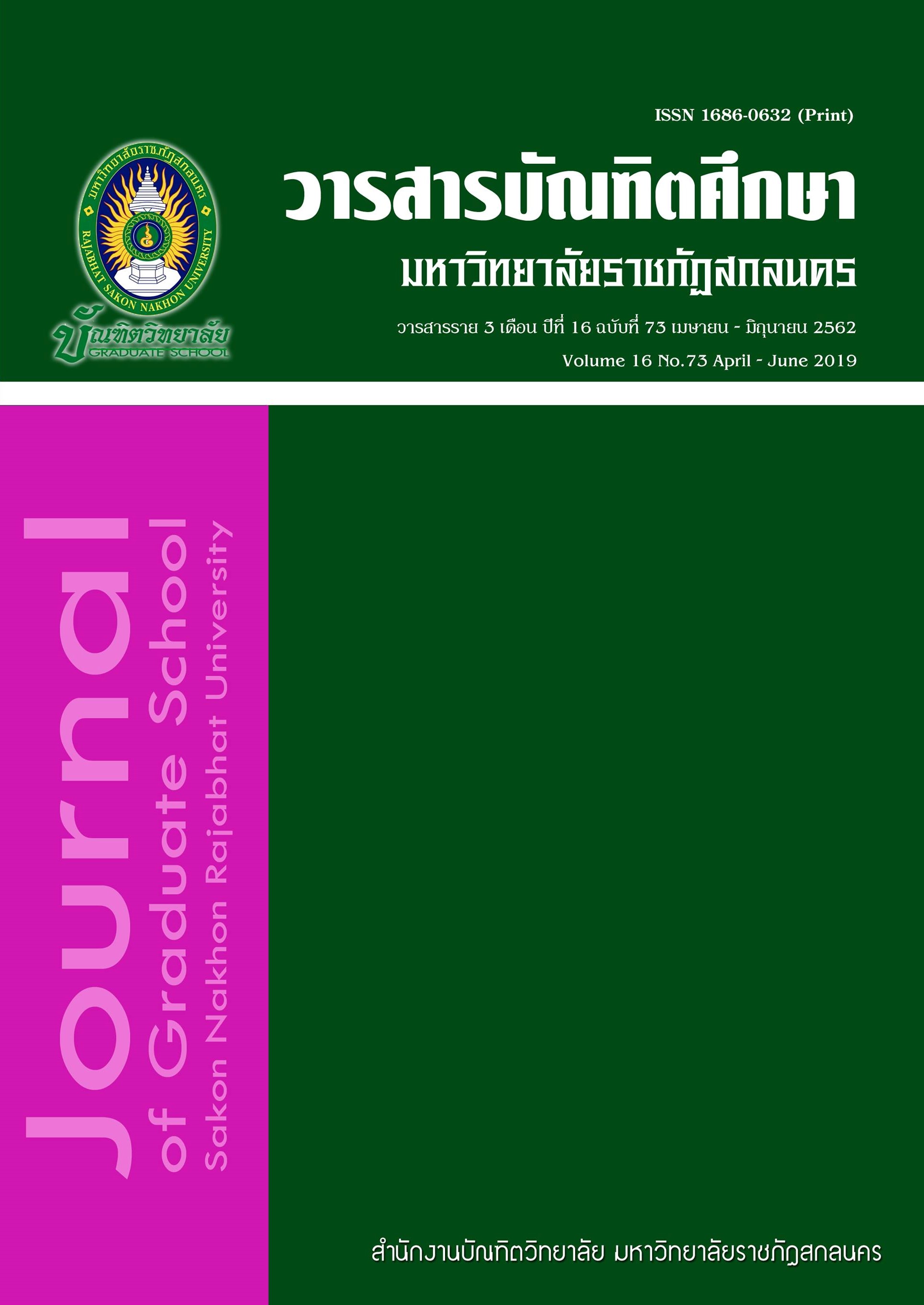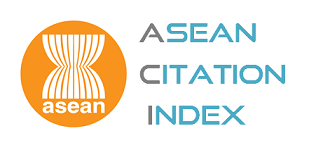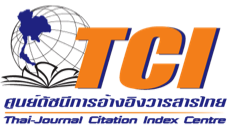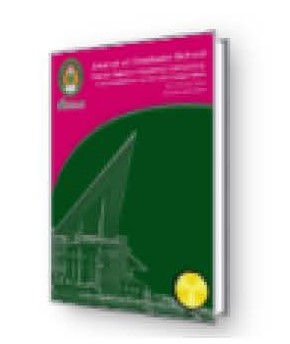การประเมินผลหลักสูตรศึกษาศาสตรมหาบัณฑิต สาขาวิชาการบริหารการศึกษา (หลักสูตรปรับปรุง พ.ศ.2556) ของมหาวิทยาลัยมหามกุฏราชวิทยาลัย
Keywords:
การประเมินหลักสูตร, การบริหารการศึกษา, Curriculum Evaluation, Educational AdministrationAbstract
The objectives of the research were to evaluate the curriculum for Master of Education Program in Educational Administration (Revised Curriculum in 2013), Department of Education, Faculty of Education, Mahamakut Buddhist University, according to Thai Qualifications Framework for Higher Education (TOF: HEd) of 2552, 2) to evaluate the curriculum according to the Internal Quality Assurance (IQA) of 2559, and 3) to evaluate the curriculum according to the CIPP evaluation model. The samples of the research were totally 284 respondents , divided into 1) 10 curriculum lecturers 2) 137 existing students 3) 98 postgraduate students and 4) 39 postgraduate users and selected by the simple random sampling method.
The research findings were as follows:
1. The evaluation of the curriculum according to Thai Qualifications Framework for Higher Education of 2552, were found that the performance of the university’s Master of Education Program in Educational Administration (Revised Curriculum in 2013) was based on Thai Qualifications Framework for Higher Education (TOF: HEd) of 2552.
2. The evaluation of the curriculum for Master of Education Program in Educational Administration (Revised Curriculum in 2013), Department of Education, Faculty of Education, Mahamakut Buddhist University, was found to meet all eleven compulsory and optional indicators of the Office of the Higher Education Commission’s internal quality assurance (IQA).
3. The CIPP-based evaluation of the curriculum upon opinions of curriculum lectures, lectures and students, was appropriately found to be overall at a high level. According to the lecturers, in terms of the Context, the curriculum content and major subjects should be improved and the subjects related to current situations should be increased. In terms of the Input, media such as administration books and textbooks and research statistics should be increased. In addition, the Process and the Product were appropriately found to be overall in accordance with the curriculum.
References
การศึกษา คณะศึกษาศาสตร์ บัณฑิตวิทยาลัย มหาวิทยาลัยมหามกุฏราชวิทยาลัย.
นครปฐม: มหาวิทยาลัยมหามกุฏราชวิทยาลัย.
มหาวิทยาลัยมหามกุฏราชวิทยาลัย. (2559). รายงานการประเมินตนเอง หลักสูตรศึกษาศาสตรมหาบัณฑิต สาขาวิชา
การบริหารการศึกษา (หลักสูตรปรับปรุง พ.ศ.2556) ปีการศึกษา 2559. นครปฐม: มหาวิทยาลัย
มหามกุฏราชวิทยาลัย.
วิชัย วงษ์ใหญ่. (2537). กระบวนการพัฒนาหลักสูตรและการสอน: ภาคปฏิบัติ. กรุงเทพฯ: อาร์ แอนด์ ปรินท์.
สำนักมาตรฐานและประเมินผลอุดมศึกษา สำนักงานคณะกรรมการการอุดมศึกษา. (2553). มาตรฐานการ
อุดมศึกษาและเกณฑ์มาตรฐานที่เกี่ยวข้อง. นนทบุรี: ภาพพิมพ์.
สำนักมาตรฐานและประเมินผลอุดมศึกษา สำนักงานคณะกรรมการการอุดมศึกษา. (2558). คู่มือการประกันคุณภาพ
การศึกษาภายใน ระดับอุดมศึกษา ฉบับปีการศึกษา 2557. นนทบุรี: ภาพพิมพ์.
จารุวรรณ เขียวน้ำชุ่ม. (2553). การประเมินหลักสูตรดุษฎีบัณฑิต สาขาวิชาการบริหารและพัฒนาการศึกษา
คณะศึกษาศาสตร์ มหาวิทยาลัยมหาสารคาม. มหาสารคาม มหาวิทยาลัยมหาสารคาม.
พันธ์ศักดิ์ พลสารัมย์. (2549). การศึกษาแนวโน้มเพื่อการวิจัยและพัฒนาการศึกษาสำหรับอนาคต. รายงานการวิจัย,
กรุงเทพฯ: สำนักงานเลขาธิการสภาการศึกษา กระทรวงศึกษาธิการ
รัตนศิริ เข็มชาติ และคณะ. (2558). การประเมินหลักสูตรการศึกษามหาบัณฑิต สาขาวิชาการสอนภาษาอังกฤษในฐานะภาษาโลก คณะศึกษาศาสตร์ มหาวิทยาลัยบูรพา. รายงานการวิจัย, ชลบุรี: มหาวิทยาลัยบูรพา
Daniel Levin. (2001). Relate & Report The R&R Cookbook 2. United States of America: Liveware Publishing
Inc., and Daniel Levin.
Stufflebeam, D. L. (2003). The CIPP model for evaluation. In T. Kellaghan, & D. L. Stufflebeam (Eds.), the
international handbook of educational evaluation. Dordrecht, Holland: Kluwer.
Downloads
Published
How to Cite
Issue
Section
License
บทความทุกบทความที่ตีพิมพ์ในวารสารบัณฑิตศึกษา มหาวิทยาลัยราชภัฏสกลนคร ถือว่าเป็นลิขสิทธิ์ของบัณฑิตวิทยาลัย มหาวิทยาลัยราชภัฏสกลนคร










